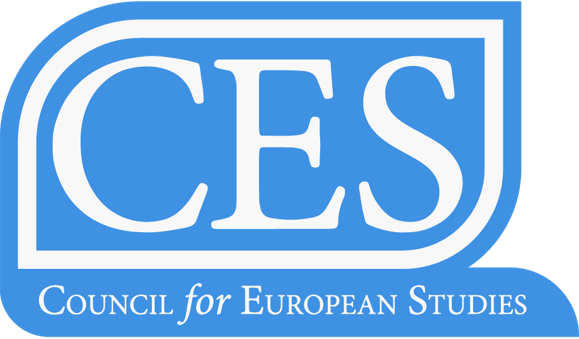Held annually in international cities in North America and Europe, the International Conference of Europeanists is the preeminent gathering of scholars of Europe in the world.
30th International Conference of Europeanists
July 3-5, 2024
The CES 2024 conference is organized in close cooperation with two laboratories: Elico and Triangle.
Conference Location
14 Avenue Berthelot, Lyon 7e (Sciences Po Lyon); 18 Quai Claude Bernard, Lyon 7e (Université Lyon 2)
Partner Institutions
CNRS | ENS de Lyon | Enssib | Sciences Po Lyon | Université Jean Monnet de St Etienne | Université Lumière Lyon 2 | Université Lyon 1 | Université Lyon 2 | Université Lyon 3
CES is thrilled to announce the location of the 30th International Conference of Europeanists in Lyon, France. Detailed Call for Proposals is available here.
If your university is interested in hosting the International Conference of Europeanists, please submit a formal statement of interest to be presented to CES’ Director and Executive Committee. The statement should include any relevant information about why your university would be a good host–including how committed your university (and/or surrounding institutions who might also participate) is to the study of Europe and evidence to support the idea that the local academic community would welcome such a conference. If you have particular questions about your university’s suitability, please contact CES at events@ces-europe.org.


